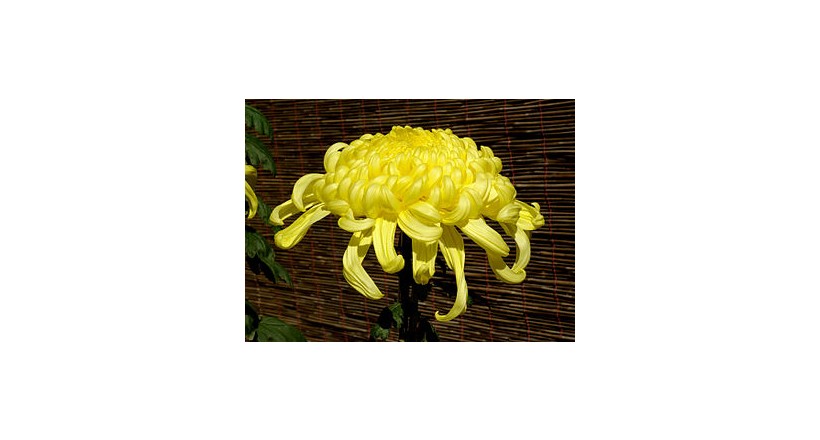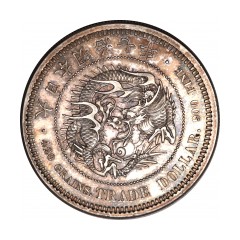Chrysanthemums, sometimes called mums or chrysanths, are flowering plants of the genus Chrysanthemum in the family Asteraceae. They are native to Asia and northeastern Europe. Most species originate from East Asia and the center of diversity is in China. Countless horticultural varieties and cultivars exist.The name "chrysanthemum" is derived from the Ancient Greek: χρυσός chrysos (gold) and Ancient Greek: ἄνθεμον anthemon (flower).
Taxonomy
The genus once included more species, but was split several decades ago into several genera, putting the economically important florist's chrysanthemums in the genus Dendranthema. The naming of these genera has been contentious, but a ruling of the International Botanical Congress in 1999 changed the defining species of the genus to Chrysanthemum indicum, restoring the florist's chrysanthemums to the genus Chrysanthemum.
The other species previously included in the narrow view of the genus Chrysanthemum are now transferred to the genus Glebionis. The other genera separate from Chrysanthemum include Argyranthemum, Leucanthemopsis, Leucanthemum, Rhodanthemum, and Tanacetum.Wild Chrysanthemum taxa are herbaceous perennial plants or subshrubs. There are also a range of annual chrysanthemums including C.carinatum, C.coronarium, C.inodorum, C.multicaule, C.nivellii, and C.segetum. They have alternately arranged leaves divided into leaflets with toothed or occasionally smooth edges. The compound inflorescence is an array of several flower heads, or sometimes a solitary head. The head has a base covered in layers of phyllaries. The simple row of ray florets is white, yellow, or red; many horticultural specimens have been bred to bear many rows of ray florets in a great variety of colors. The disc florets of wild taxa are yellow. The fruit is a ribbed achene. Chrysanthemums, also known as "mums", are one of the prettiest varieties of perennials that start blooming early in the autumn. This is also known as favorite flower for the month of November.





